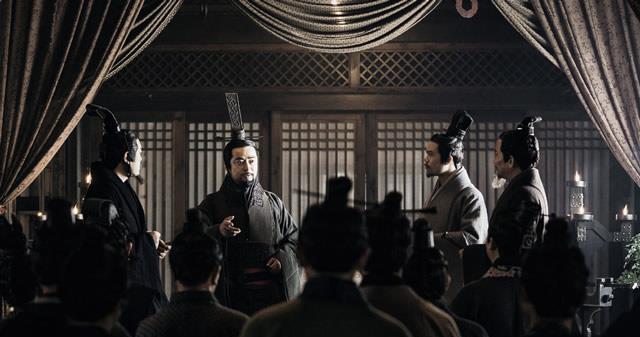The ancients paid attention to loyalty to the king and patriotism, and those who had different ambitions and were disloyal to the king were called traitors and thieves. The way to deal with the thieves is that everyone is condemned. However, during the Spring and Autumn Period and the Warring States Period, it was common for civilian and military generals to frequently change jobs and change owners. For example, Wu Qi successively worked for the three countries of Lu, Wei, and Chu; Shang Martin was a Wei national, but he first served the State of Wei and then the State of Qin; Wu Zixu defected to the State of Wu after leaving the State of Chu, and later led the Army of the State of Wu to defeat the State of Chu and open the coffin of the King of Chu Ping. The behavior of these people is completely contrary to the loyalty and patriotism of the king, why is it that no one accuses them of infidelity at that time or in later generations?

In fact, the ancients at that time and the ancients who came after them were very different in their values in life. During the Spring and Autumn Period and the Warring States Period, the ancients did not have a strong concept of loyalty to the king and patriotism, and they valued the love between people and the spirit of sacrificing their lives for righteousness. For example, in order to avenge the lord Gong Zhibo, Yu Rang did not hesitate to abandon his family and work and self-harm his body, and although the revenge action was not completely successful, it also left an allusion for future generations that "a soldier dies for a confidant, and a woman is a person who pleases himself".
In order to repay Prince Dan's kindness, Jing Ke resolutely went to the Qin State after knowing that he had assassinated The King of Qin for nine deaths. What is even more rare is that fan Yuqi, a rebel general of the Qin state, also took the initiative to offer his own first rank, just so that Jing Ke could get close to the King of Qin.
"The king treats me as a soldier of the country, and I should repay it with a soldier of the country" This is the value of the people in the Spring and Autumn period and the Warring States period. Therefore, the scholars and doctors at that time were keen to raise soldiers. That is, to recruit doormen to keep in the home. Usually, these doormen eat and drink in vain, but when it comes to critical moments, they often fight for their lords' lives.
On the contrary, if there is no affection for each other, the outlook on life and values are not in the same channel. It was ridiculous and unrealistic at the time to just want to make his subordinates die through superior-subordinate relations. There is a very classic statement in "Mencius Leaving Louxia": "If the king regards the subject as a brother and sister, the subject regards the king as a heart; the king regards the subject as a dog and a horse, and the subject regards the king as a countryman; the king regards the subject as a mustard, and the subject regards the king as a Kou." "In modern parlance: you are good to me, and I am good to you; you don't take me seriously, your business is my ass.
Under the influence of the general environment at that time, the frequent job hopping of civilian and military generals became the norm, including the monarchs of various countries, and no one felt that there was anything wrong with this. And under normal circumstances, talents choose to seek another high because the original country cannot be reused, and the original monarch naturally does not care about people he does not look up to to find jobs in other countries.
Later rulers realized that allowing the free flow of talents was not conducive to their rule, so they promoted Confucianism with private goods while emphasizing loyalty and patriotism, so that people could unconditionally accept the concept of the supremacy of imperial power. For example, Ming Taizu Zhu Yuanzhang was very angry when he saw the passage in the above-mentioned "Mencius Leaving Louxia", so he ordered it to be deleted and deprived Mencius of his status as a saint. Because in Zhu Yuanzhang's view, it is the duty of the courtiers to be loyal to the king and love the country, I can kill you, and you must not be disloyal to me.
Do you think that during the Spring and Autumn Period and the Warring States Period, this value of "soldiers dying for their confidants" was more beneficial to the country and the people, or was it more beneficial to the country and the people later this kind of unconditional value of "loyalty to the king and patriotism" was more beneficial to the country and the people?